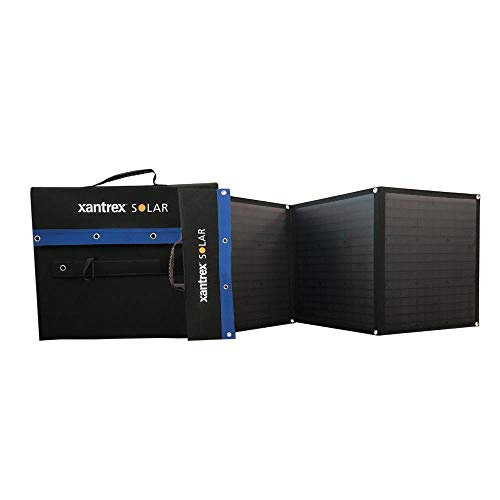Only nine fast charging stations in the United States are capable of serving heavy trucks, according to data from the Department of Energy.
Transportation is the biggest source of greenhouse gases in the United States, and trucks, buses and vans account for 29 percent of vehicle emissions, according to Calstart, a nonprofit group whose members work in industry as well as government. Poorer communities tend to suffer the most from truck pollution because they are more likely to be near industrial zones or highways.
Eliminating those emissions is difficult. An electric truck requires a big, heavy battery that reduces how much stuff the vehicle can haul.
Zero-emissions trucks are also two or three times more expensive than diesel trucks, costing hundreds of thousands of dollars, although prices are expected to drop as companies increase production.
The truck makers say they are committed to selling emission-free vehicles, but environmental groups have accused them of trying to block policies that would force the industry to move faster.
This month, the Sierra Club, along with 40 other advocacy groups, sent
letters to the chief executives of Daimler Truck and Volvo Group accusing them of trying to stymie stricter emissions standards. In comments on proposed regulations by the Environmental Protection Agency, both truck makers have lobbied for a slower introduction of new standards.
More:
https://www.nytimes.com/2024/01/30/business/electric-vehicles-trucks.html

































































